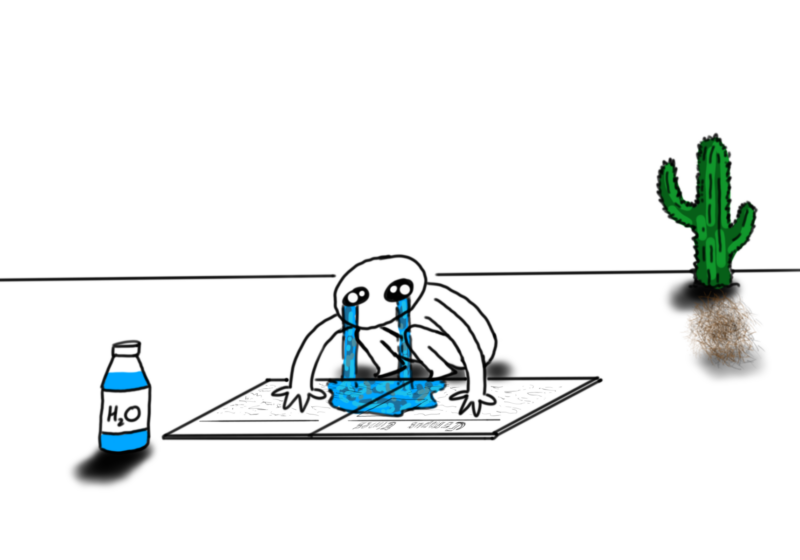I have my first real internship this summer, a research program in the Chemistry department here at UR. I think it’ll go well, but honestly, it’s a relief just to have found something. I arrived at my summer program in the grand Edisonian tradition—that is, by first discovering several other ways not to get a summer internship.
In the process of applying to summer programs, I was given a brisk refresher in the timeless art of the rejection email. They didn’t really start rolling in until a few weeks ago, but roll in they did. I had applied to six summer programs and got a tidy batch of six rejection emails in reply, all of them—ahem— regretting to inform me that due to an overwhelming number of applicants, they were unable to offer me a position in their program.
The same form-letter language is used in rejection emails across all disciplines, almost as if it had been copied and pasted from some master document. Rejection emails from colleges, internships, and even entry-level job applications share so much in common that it’s hard not to imagine a faded, dog-eared memo, typed up sometime in the 1980s, articulating the One True Template for Rejection Emails. A copy of this imaginary document, the grandaddy of all form letters, exists in every admissions office, HR department, and talent agency in the country.
But that’s probably not the case. The striking standardization of rejection notices is probably just an example of convergent evolution. You don’t need to be original or charming with a rejection email, and you don’t need to hold the recipient’s attention, so the language can be cheaply cobbled together, borrowing heavily from the rejection letters of other organizations. Whereas an acceptance letter has to butter you up with compliments and details about the organization, all a rejection email has to do is let you down gently.
There’s a very mechanical aspect to the process of applying for summer internships or even summer fast-food jobs. A majority of jobs and programs have their applications online—even if you walk into a store and ask for an application, you’re just as likely to be rebuffed with the admonition that the application is online. For each of the six programs I applied to this summer, never once did I correspond with another human. After filling out a form, attaching a resume, and casting it into the darkness, the rejection email doesn’t actually come with too sharp a sting. You might hardly feel as though you’d applied at all.
The rejection emails I received when I did correspond with actual humans, on the other hand, were a vastly different experience. After finishing my applications to programs at other schools, I began sending emails to UR professors, asking for lab work or letters of recommendation. I still didn’t have a fantastic success rate, but the professors who replied in the negative did so with thoughtful responses, explaining why they couldn’t hire a summer undergrad (not just “we’ve received a record number of applicants”). Best of all, they were quick to reply (at least as far as professors go—I didn’t expect any replies within the first day or two, especially since I sent my exploratory emails on a Friday evening).
After all, the worst part of a rejection email is waiting for it. That might be the single most important tip for those who are stuck with the unpleasant job of sending rejection emails to hopeful, starry-eyed students—just disappoint them quickly.





